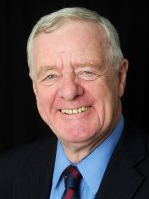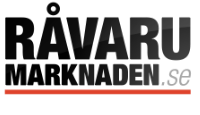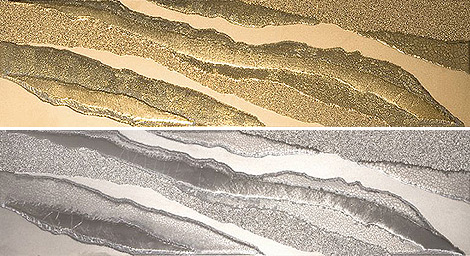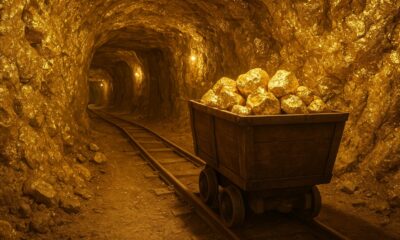Nyheter
David Hargreaves on Bulk Minerals, week 43 2013
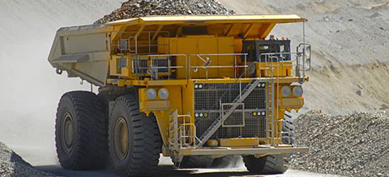
 Sweden makes a move. The north European country, long famous for iron and steel, is making a comeback in that sector. The government has committed the equivalent of $200 million in upgrading the road from Kaunisavaara to the reloading terminal in Pitkajarv plus a similar amount to accommodate the expected increased capacity in iron ore shipments from minors such as Northland and LKAB. Also active developing in the north of the country is Beowulf. LKAB is State-owned. Most of Sweden’s output it expected into the European market, some 22Mt of a total 28Mtpa.
Sweden makes a move. The north European country, long famous for iron and steel, is making a comeback in that sector. The government has committed the equivalent of $200 million in upgrading the road from Kaunisavaara to the reloading terminal in Pitkajarv plus a similar amount to accommodate the expected increased capacity in iron ore shipments from minors such as Northland and LKAB. Also active developing in the north of the country is Beowulf. LKAB is State-owned. Most of Sweden’s output it expected into the European market, some 22Mt of a total 28Mtpa.
Alderon Iron Ore Corp (ADV.TO C$1.50; Hi-Lo C$2.23-0.88) is at the Environmental assessment stage with its Kami project in Labrador, Canada. It is owned 75% by Alderdon and 25% by Hebei Iron and Steel Group (HBIS) Potash. As the fertilizer mineral continues to flounder, so too does aspiring major producer Sirius (AIM) in north Yorkshire, England. The planning application is hampered by the fact that the deposit sits below a national park.
Despite the fact that Sirius keeps company with the long established Boulby Mine next door and has been assiduous in its approach sensitively it has so far failed to persuade the authorities to give the nod. So it plans a new application, simply addressing the concerns. They speak of July 2014 for a submission date.
WIM says: This project would create many jobs and be a major export earner without scarring the countryside.
An unusually interesting company came to London for a roadshow last week. Highfield Resources (HFR.AX A$0.37; Hi-Lo A$0.61-0.22) is doing potash in Spain. Regular readers know that WIM has strong views on this market. Not for the faint-hearted and proving to be the potential graveyard of the great and good. We speak of Vale SA, BHPB and, possibly, the putative Sirius. The premier fertiliser mineral has an excellent demand profile long term. It is found in select places, usually at great depth and thus cost and has but a handful of producers and consumers. The majors, noted above, recognised this and ploughed in with 5-7 year, multi-billion dollar projects. They have come ungummed.
It becomes clear that the short term winners will be those who can start to produce in short order at a containable cost.
Being in a good jurisdiction also helps. Highfield fits most, if not all, of these requirements. It offers:
- Location, Spain, in the EU offering clear tax advantages; 100% ownership and no ongoing royalties.
- A highly developed transport infrastructure, electricity, gas and water.
- Proximity to markets.
- A deep history of mining and an established labour force.
It looks for production by 2016 at a highly compatible cost. The JORC resources indicate a minimum 10-year life with prospects of more.
WIM says: This one presents as better than most we have examined. We hope to start detailed coverage.
[hr]
About David Hargreaves
David Hargreaves is a mining engineer with over forty years of senior experience in the industry. After qualifying in coal mining he worked in the iron ore mines of Quebec and Northwest Ontario before diversifying into other bulk minerals including bauxite. He was Head of Research for stockbrokers James Capel in London from 1974 to 1977 and voted Mining Analyst of the year on three successive occasions.
Since forming his own metals broking and research company in 1977, he has successfully promoted and been a director of several public companies. He currently writes “The Week in Mining”, an incisive review of world mining events, for stockbrokers WH Ireland. David’s research pays particular attention to steel via the iron ore and coal supply industries. He is a Chartered Mining Engineer, Fellow of the Geological Society and the Institute of Mining, Minerals and Materials, and a Member of the Royal Institution. His textbook, “The World Index of Resources and Population” accurately predicted the exponential rise in demand for steel industry products.
Nyheter
Tyskland har så höga elpriser att företag inte har råd att använda elektricitet
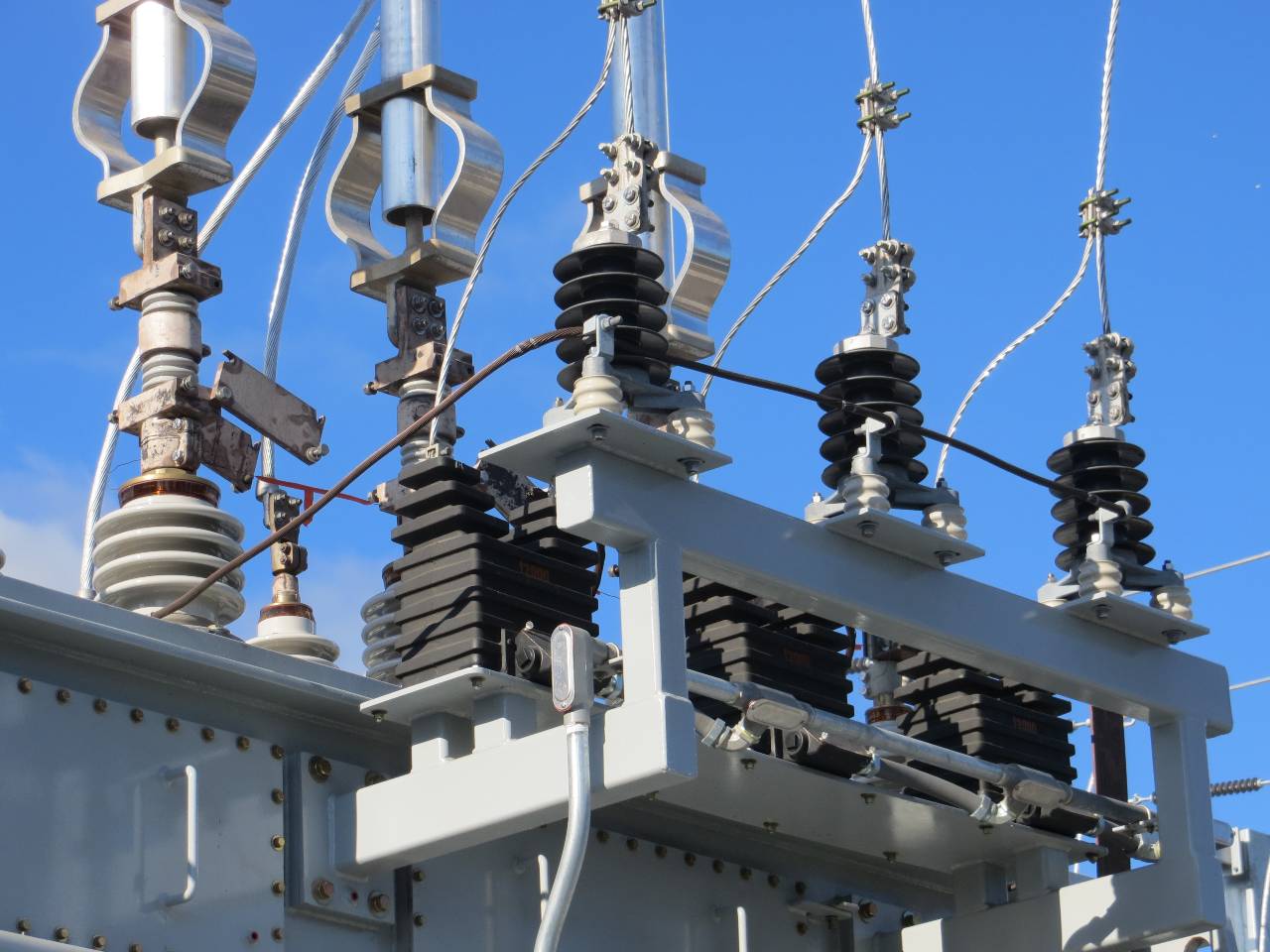
Tyskland har skrivit ner prognosen på hur mycket elektricitet landet kommer att behöva 2030. Hittills har prognosen varit 750 TWh, vilken nu har skrivits ner till 600-700 TWh,
Det kan vid en första anblick låta positivt. Men orsaken är inte att effektiviseringar. Utan priserna är så pass höga att företag inte har råd att använda elektriciteten. Elintensiv industri flyttar sin verksamhet till andra länder och få företag satsar på att etablera energikrävande verksamhet i landet.
Tyskland har inte heller någon plan för att förändra sin havererade energipolitik. Eller rättare sagt, planen är att uppfinna fusionskraft och använda det som energikälla. Något som dock inte löser problemet på några årtionden.
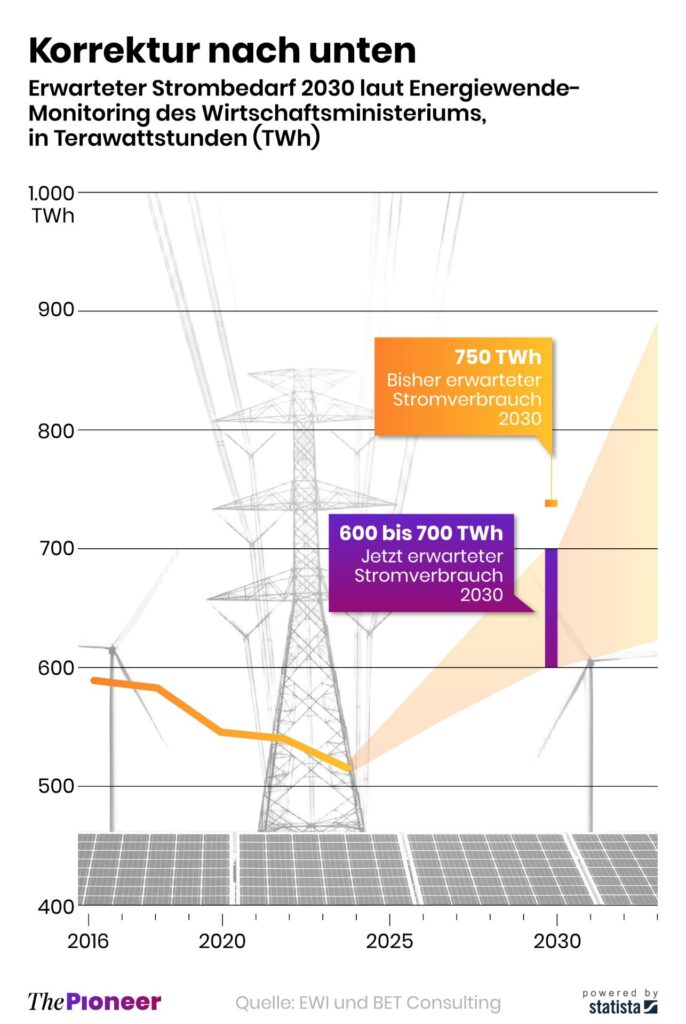
Nyheter
Kinas elproduktion slog nytt rekord i augusti, vilket även kolkraft gjorde
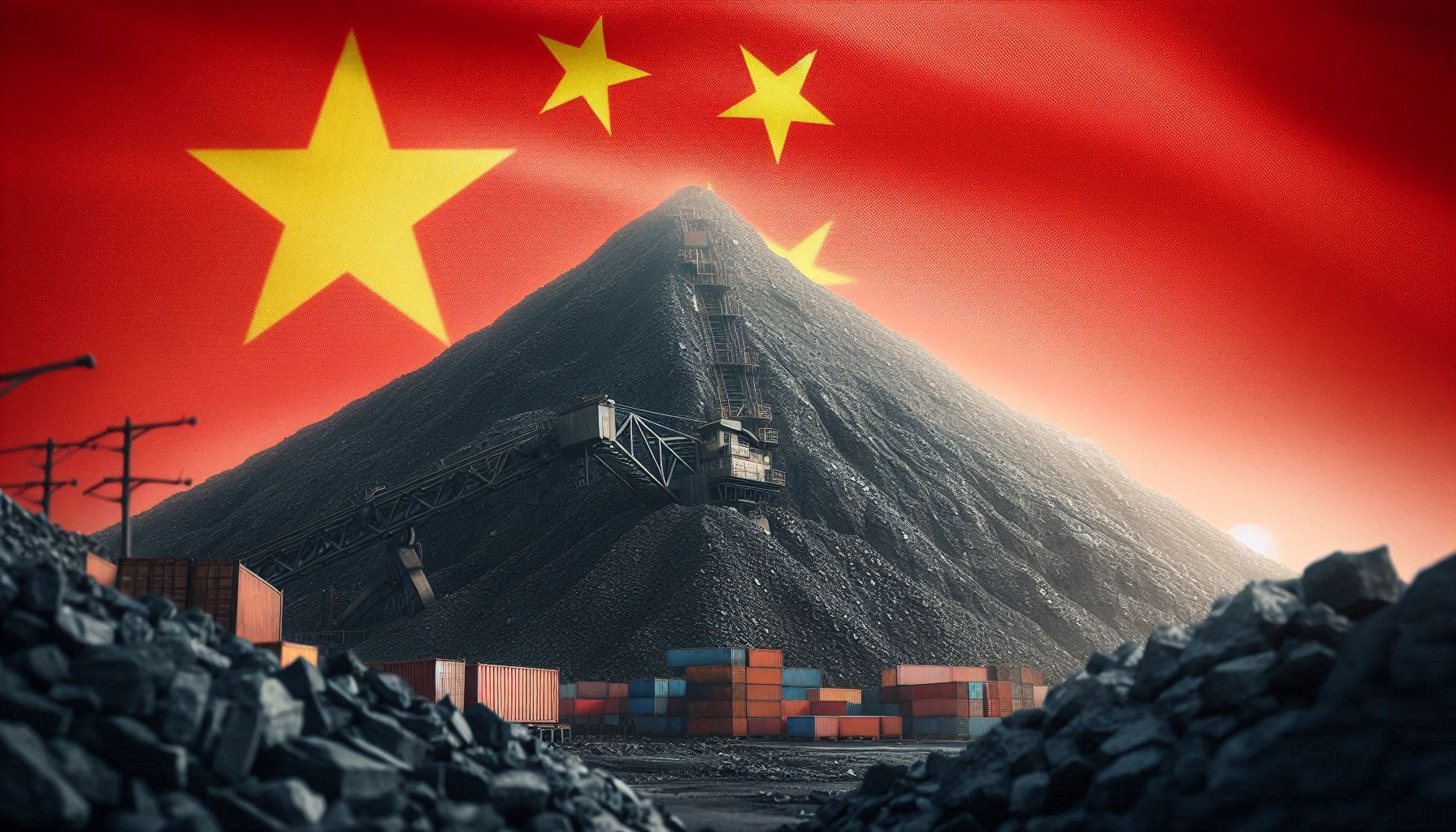
Kinas officiella statistik för elproduktion har släppts för augusti och den visar att landet slog ett nytt rekord. Under augusti producerades 936 TWh elektricitet.
Stephen Stapczynski på Bloomberg lyfter fram att det är ungefär lika mycket som Japan producerar per år, vilket innebär är de producerar ungefär lika mycket elektricitet per invånare.
Kinas elproduktion kom i augusti från:
| Fossil energi | 67 % |
| Vattenkraft | 16 % |
| Vind och Sol | 13 % |
| Kärnkraft | 5 % |
Stapczynskis kollega Javier Blas uppmärksammar även att det totala rekordet inkluderade ett nytt rekord för kolkraft. Termisk energi (där nästan allting är kol) producerade 627,4 TWh under augusti. Vi rapporterade tidigare i år att Kina under första kvartalet slog ett nytt rekord i kolproduktion.
Nyheter
Det stigande guldpriset en utmaning för smyckesköpare
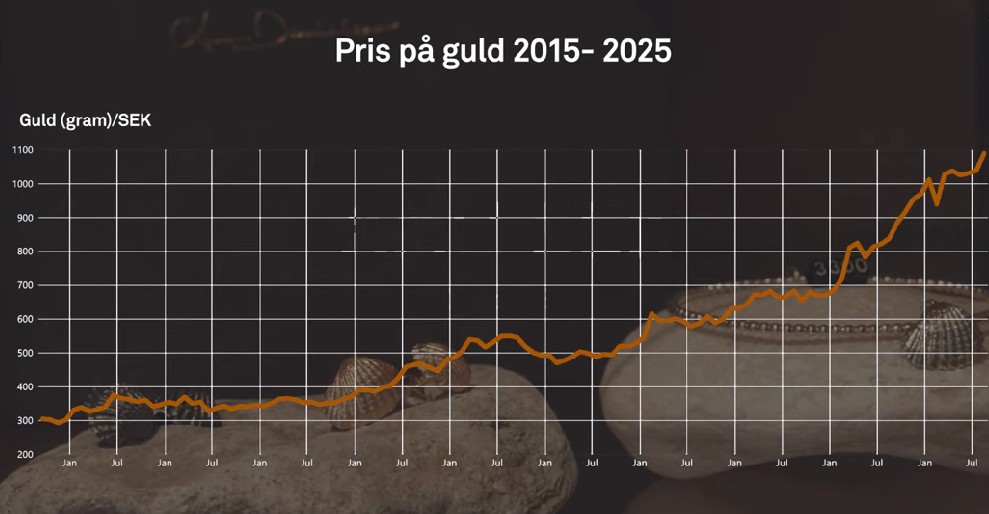
Guldpriset når hela tiden nya höjder och det märks för folk när de ska köpa smycken. Det gör att butikerna måste justera upp sina priser löpande och kunder funderar på om det går att välja något med lägre karat eller mindre diamant. Anna Danielsson, vd på Smyckevalvet, säger att det samtidigt gör att kunderna får upp ögonen för värdet av att äga guld. Det högre guldpriset har även gjort att gamla smycken som ligger hemma i folks byrålådor kan ha fått ett överraskande högt värde.
-

 Nyheter4 veckor sedan
Nyheter4 veckor sedanMeta bygger ett AI-datacenter på 5 GW och 2,25 GW gaskraftverk
-
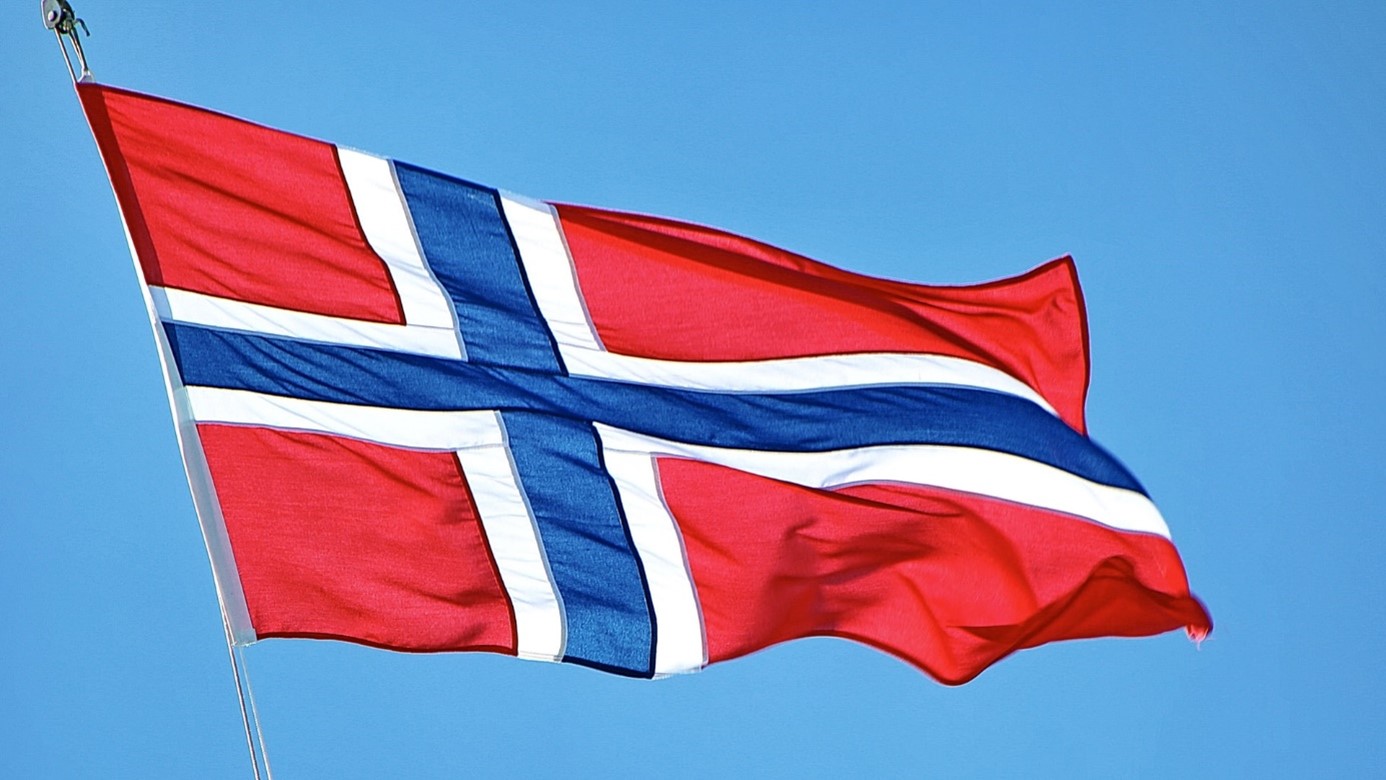
 Nyheter4 veckor sedan
Nyheter4 veckor sedanAker BP gör ett av Norges största oljefynd på ett decennium, stärker resurserna i Yggdrasilområdet
-

 Nyheter4 veckor sedan
Nyheter4 veckor sedanSommarens torka kan ge högre elpriser i höst
-
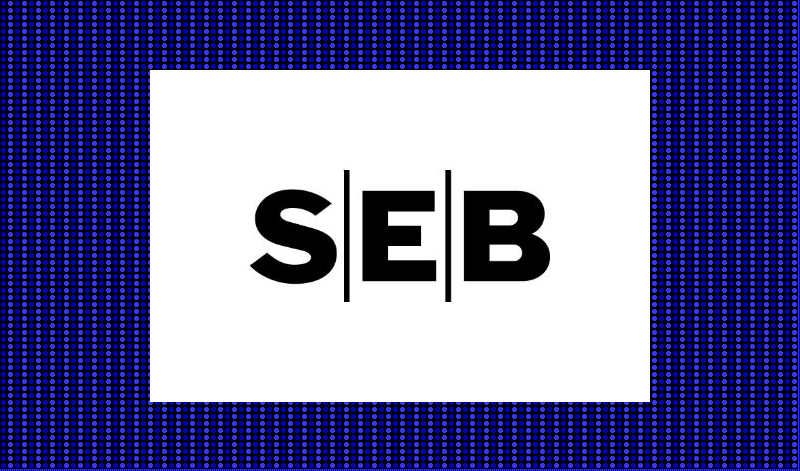
 Analys4 veckor sedan
Analys4 veckor sedanBrent edges higher as India–Russia oil trade draws U.S. ire and Powell takes the stage at Jackson Hole
-
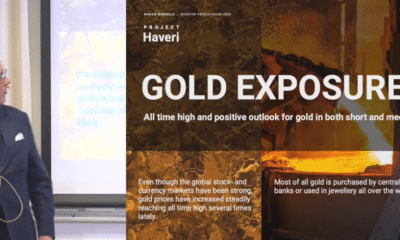
 Nyheter3 veckor sedan
Nyheter3 veckor sedanMahvie Minerals är verksamt i guldrikt område i Finland
-

 Analys4 veckor sedan
Analys4 veckor sedanIncreasing risk that OPEC+ will unwind the last 1.65 mb/d of cuts when they meet on 7 September
-

 Nyheter3 veckor sedan
Nyheter3 veckor sedanNeil Atkinson spår att priset på olja kommer att stiga till 70 USD
-

 Analys2 veckor sedan
Analys2 veckor sedanOPEC+ in a process of retaking market share



